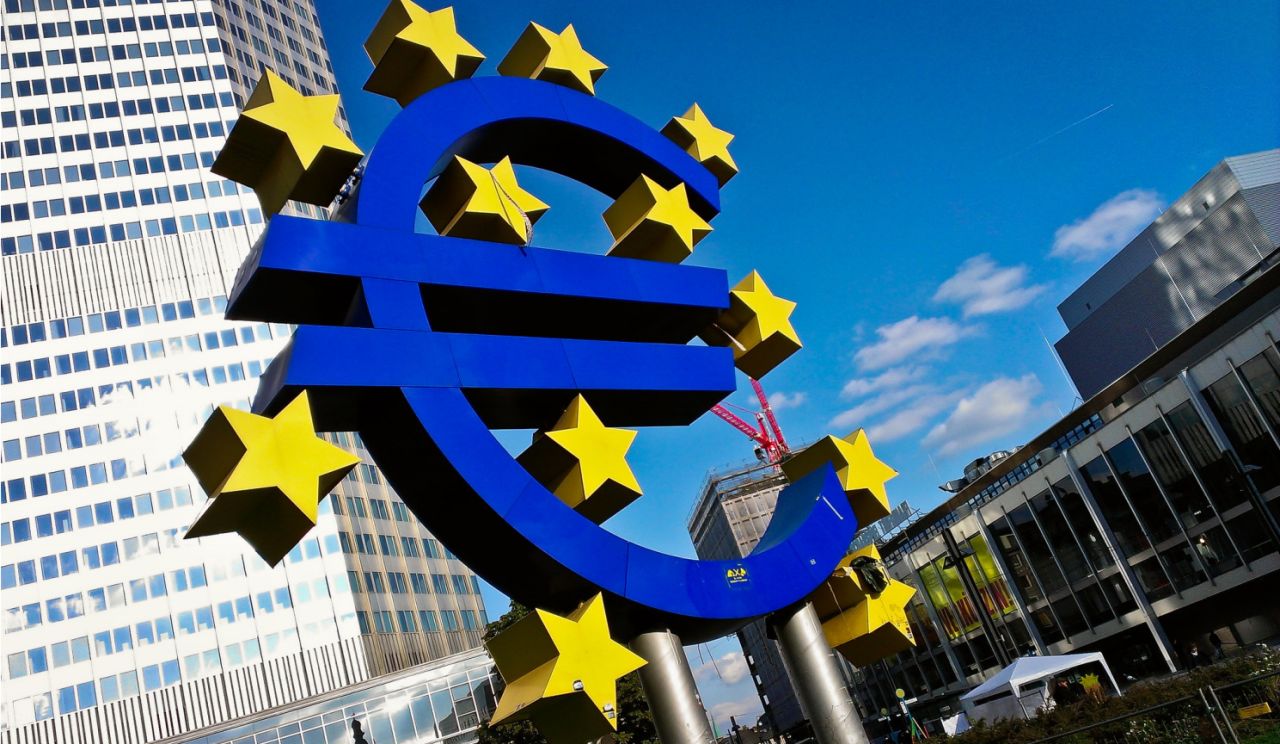Sustainable trade
Trade imbalances are an existential threat to the global trading system
Published 17 September 2019 | 2 minutes read
Persistent trade surpluses and deficits by major trading nations have contributed to trade imbalances in the global trading system and to today’s trade conflicts.
The US-China trade war has dominated financial and economic news in Asia in the past year. Similarly, in Europe and the UK, Brexit has been the dominant news story for three years now.
Together, the two stories are being presented as posing an existential risk to the multilateral trading system and global prosperity. They are however a symptom of broader and enduring trade imbalances that are now affecting global trade and geopolitics in more than two ways.
This paper looks at the trade imbalances and economic shocks that have driven the global trade system away from equilibrium and contributed to the eruption of the US-China trade dispute. It identifies their causes and destabilizing consequences and formulates policy recommendations for achieving more equitable and sustainable trade outcomes.
The key conclusion is that nominal exchange rate flexibility, at the national level, is a prerequisite for preventing perennial trade imbalances, minimizing related balance of payments-induced risks to the financial system, maximizing trade outcomes and ultimately reducing geopolitical risks.
© The Hinrich Foundation. See our website Terms and Conditions for our copyright and reprint policy. All statements of fact and the views, conclusions and recommendations expressed in this publication are the sole responsibility of the author(s).





